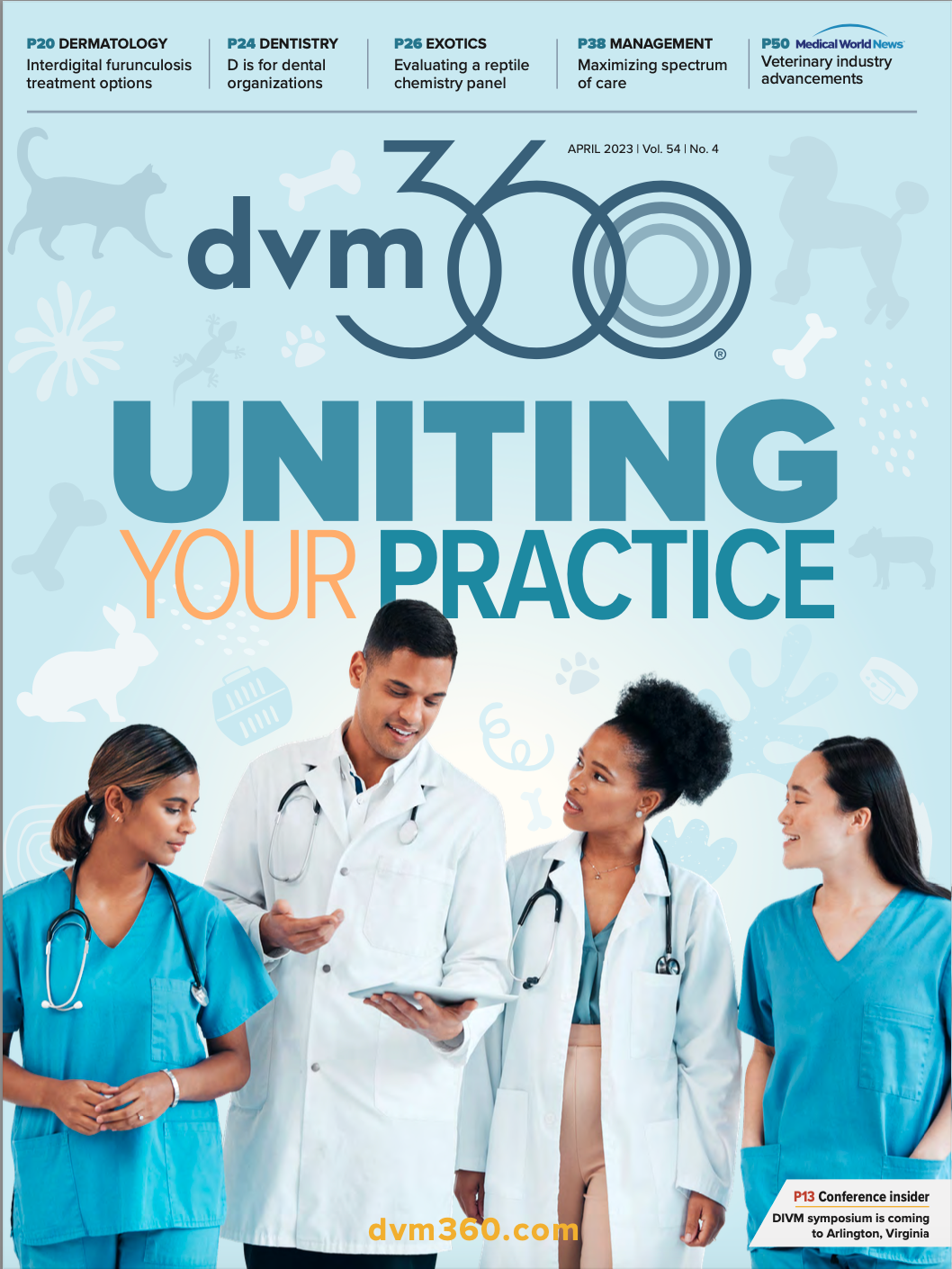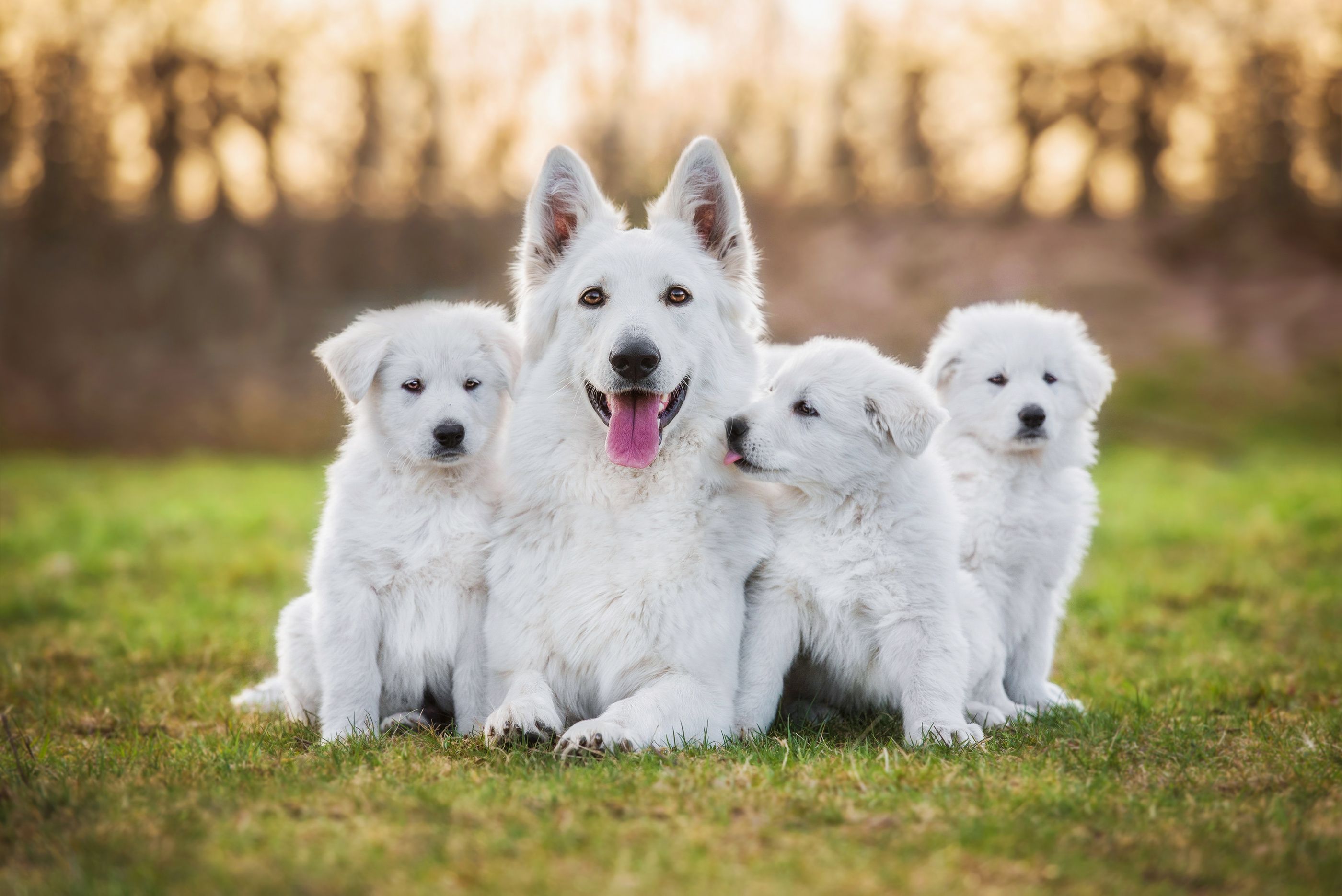Reproductive veterinarians: The long-term solution for reducing pressure on companion animal shelters
A dvm360® student ambassador takes readers into the world of reproductive veterinarians
There are many dog lovers out there, like me before I started working under a professional reproductive veterinarian, that are unaware of how science, medicine, dedication, and craft, each play a part in the process of breeding that perfect family Golden Retriever that everyone loves and adores.
Over the past 2 years of my life, I have worked closely with Morgan Agnew, VMD, DACT, as a non-credentialed veterinary technician in small animal reproductive procedures at the Philadelphia Animal Hospital in Philadelphia, Pennsylvania. Reproductive veterinary medicine is a field of practice that I never anticipated being a part of, in fact, I did not even know this specialty existed before I started. I fell under Agnew’s mentorship solely because there was a need for staffing to be filled. However, it didn’t take long for me to develop a devotion to the field as a veterinary student.
I know that there are many people out there, like me a few years ago, that have no idea such a professional craft exists, nor how this industry has an impact on our modern-day society that is so enriched by the human-animal bond in such a multifaceted and intricate way.
There are different types of reproductive veterinary medicine. Some reproductive veterinarians practice equine medicine, which consists of working with horse breeders as clients, and mares, stallions, and foals, as patients. Other reproductive veterinarians, such as Pierre Comizzoli, DVM, PhD, MSc, practice conservation reproductive medicine to help protect endangered species and develop technologies to preserve fertility in wild species.
Agnew practices in small animal reproductive medicine with her clients typically being dog breeders, and her patients are both intact female dogs (bitches), male intact dogs (studs), and puppies. Sometimes her patients are working dogs that might someday help the visually impaired, police dogs, or hunting dogs.
She provides specific breeding services such as breeding timing, artificial insemination, surgical artificial insemination, transcervical insemination, cesarean sections, semen collection, semen analysis, and semen freezing. Then, of course, there are the puppy visits, most of which are wellness visits, but occasionally are the unfortunate sick puppy visits.
I think one of the most rewarding parts of working in the reproductive veterinary industry is seeing the full circle outcome of using responsible methods to allow female dogs to become pregnant, aid them in undergoing a comfortable and monitored pregnancy, and assist them in a successful parturition while ensuring the health and safety of all patients involved (bitches, studs, offspring).
In a world where there is a complicated relationship between humans wanting their ideal dog breed combined with the alarming issue of overpopulated companion animal shelters, it is increasingly important that as a dog-loving society we trust and rely on small animal reproductive veterinarians.
Reproductive veterinary professionals can help breeders achieve safe and responsible breeding practices to minimize the number of puppies born into disease, unlivable conditions, and reducing the pressure on local shelters that oftentimes end up having no choice but to euthanize dogs to free up space and resources to keep doors open.
The more dog breeders that rely on reproductive veterinarians to ensure high quality breeding programs, the more effectively we can solve the problem of overpopulated shelters. Reproductive veterinarians are a reliable and effective long-term solution to both easing the overpopulation of animal shelters, while at the same time reducing the stigma towards dog breeders and clients who want to purchase their ideal purebred dog. After all, nobody deserves to feel guilty for buying the Labrador retriever they have always dreamed of.
Agnew has dedicated her career towards paving the way to a better future for people and their beloved pets, and, as a result, contributes to strengthening the human-animal bond on the large scale of society through her passionate work.
Casey Rubin is a first-year veterinary student at the University of Pennsylvania School of Veterinary Medicine. She is a non-credentialed veterinary technician at the Philadelphia Animal Hospital, where she has taken a special interest in small animal reproductive veterinary medicine. Her hobbies include running, cooking, and hanging out with her cat, Ghost!

